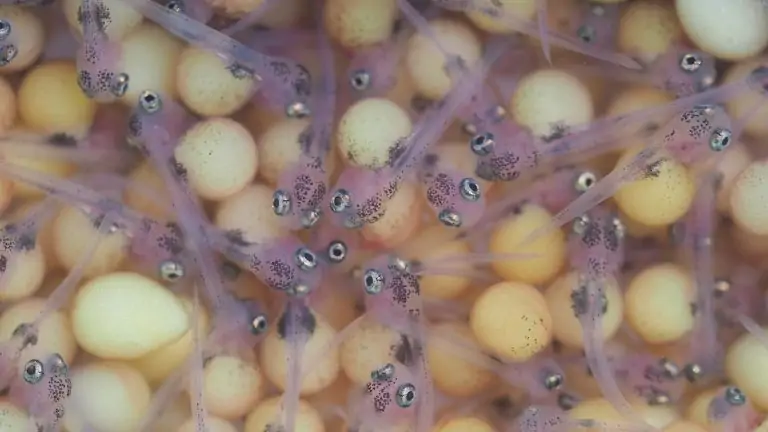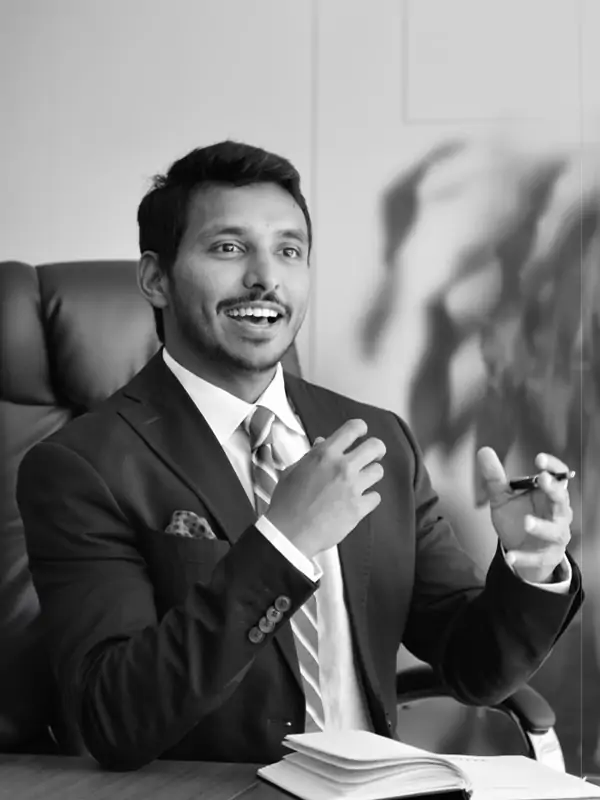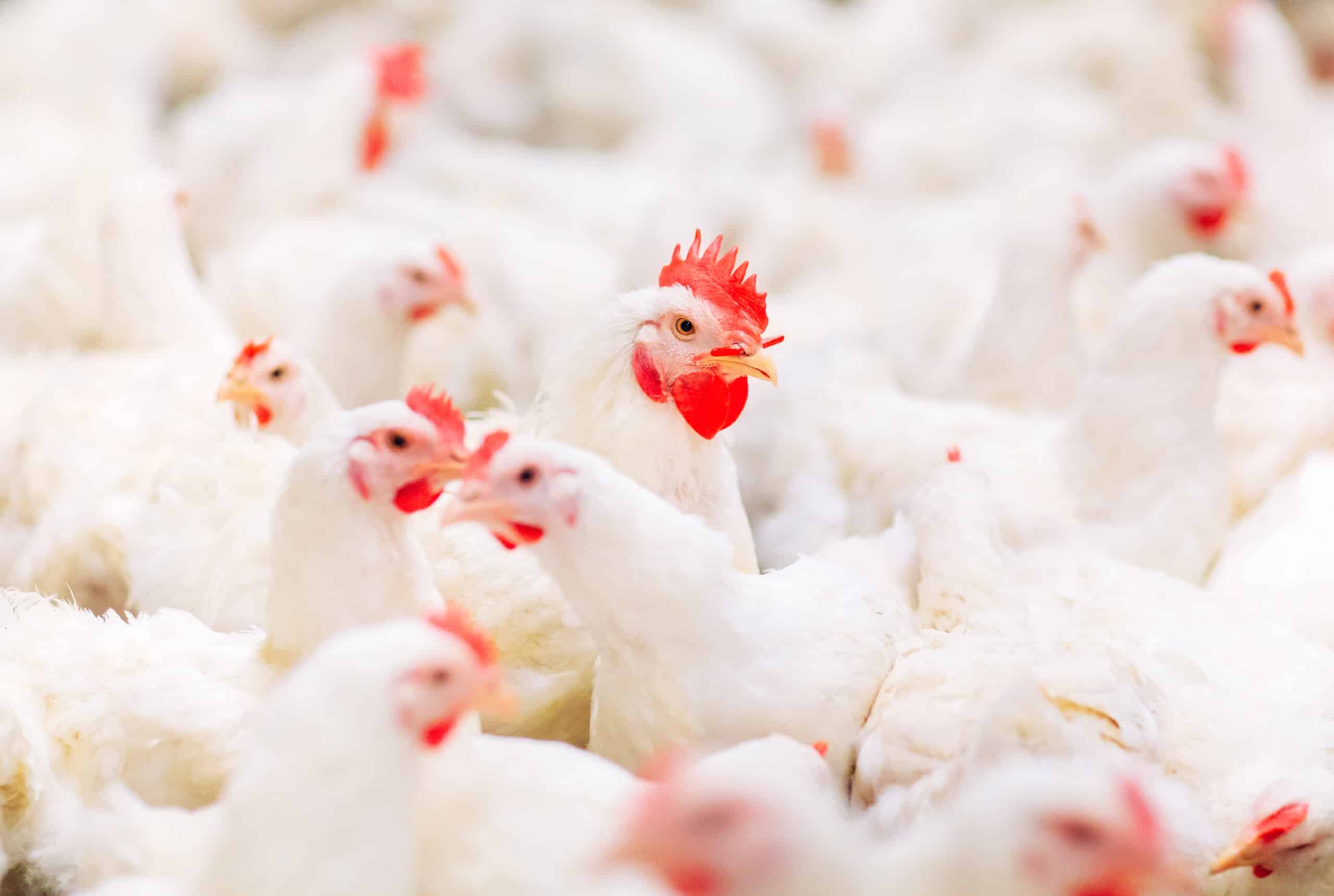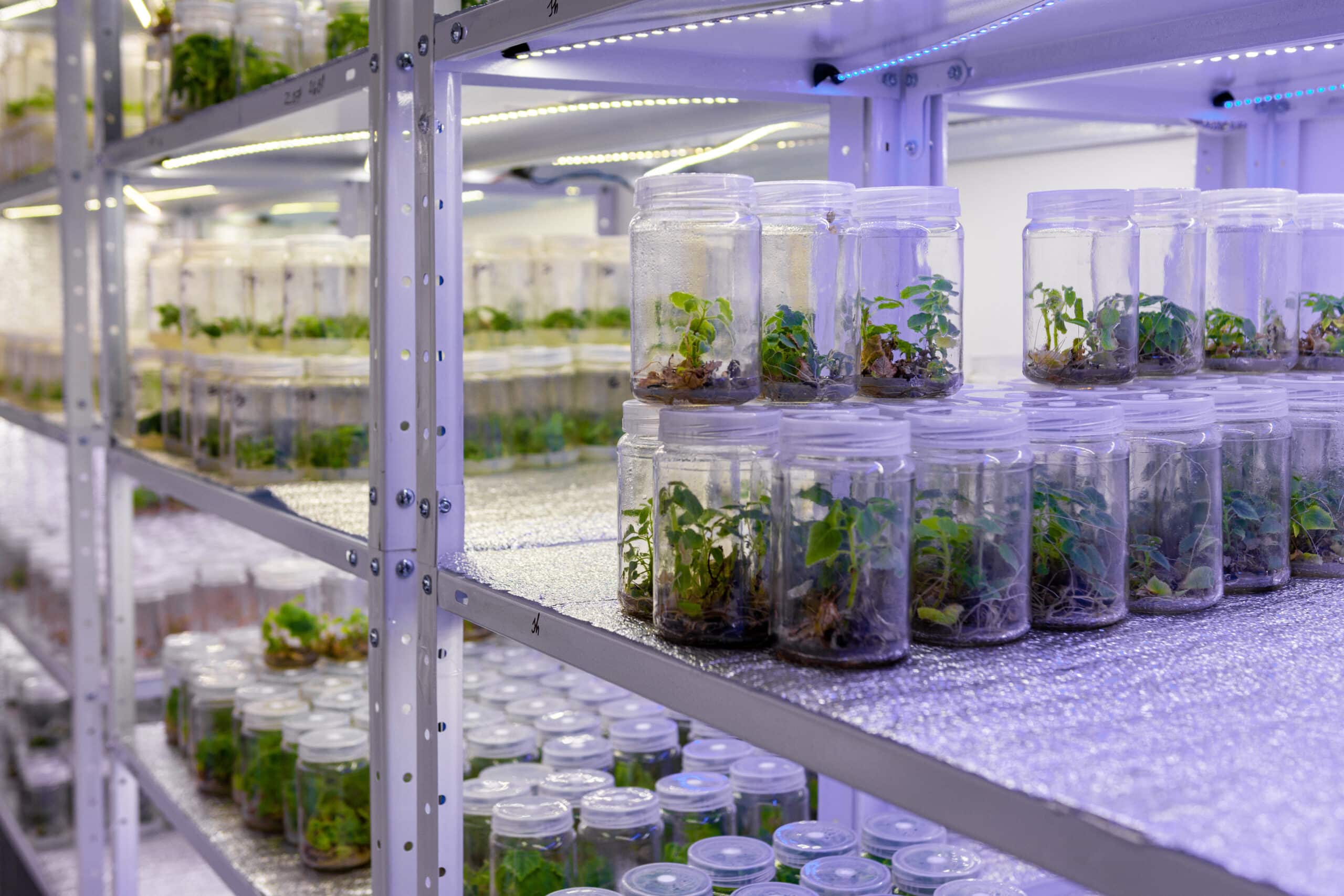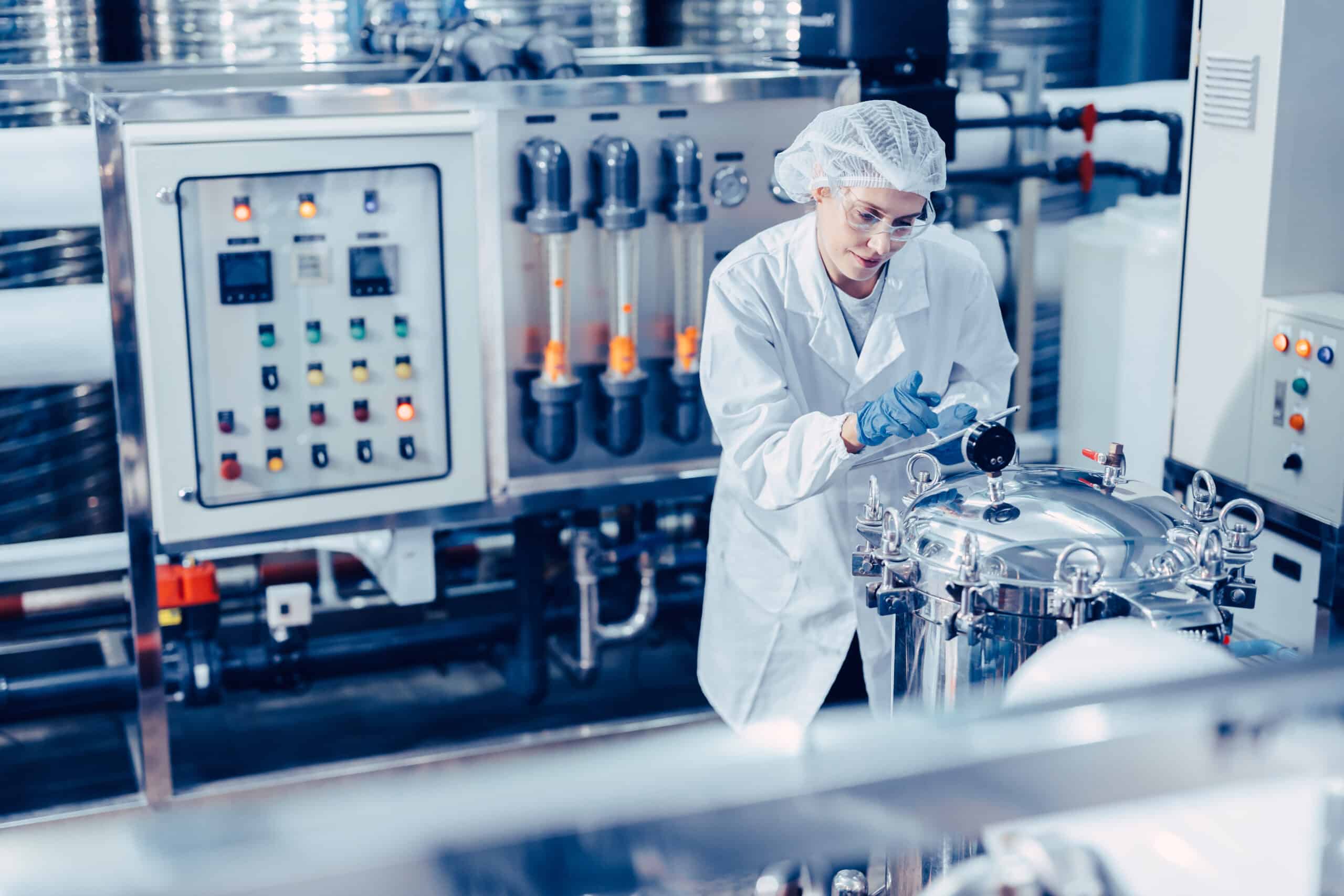The global aquaculture market was valued at US$ 268 billion in 2021 and is projected to reach US$ 358 billion by 2028 with expected growth at a CAGR of 4.3% from 2021 to 2028. Within the Gulf Cooperation Council (GCC) production is forecast to accelerate at a rate of 7.2% p.a. from 2020-2025, why is aquaculture growing so fast in this region?
Considered to be the fastest-growing animal farming sector, aquaculture is making a critical contribution to food security in the countries of the GCC. Over-fishing presents a real threat to the food security of GCC countries and as oceans warm, freshwater gets scarcer, and rainfall patterns change, the composition and population of fish will continue to decline.
What is driving aquaculture investment in the Gulf Cooperation Council?
The main drivers of this growth within the GCC are rising populations, increasing pressure on protein consumption, and the need to diversify protein supplies beyond poultry and red meat. Commercial-scale red meat production in the GCC doesn’t look feasible while increasing supply chain disruptions and feed import dependency are putting pressure on the indigenous poultry sector. Alongside this, governments concerned over food security and wanting the diversify their economies away from energy have also provided support. Concerns over food security, a lack of fresh water and suitable soil for farming, along with extreme weather, have led the GCC countries to turn to aquaculture to improve food security sustainably.
For example, the KSA government aims to increase seafood production from 77,000 to 600,000 metric tons by 2030, with a projected investment of US$3.5 billion, which will involve government ministries, private and institutional investors, and entrepreneurs, along with leading academic institutions. There is also a strong emphasis on R&D and innovation. For example, in 2012 King Abdullah University of Science and Technology (KAUST) established a joint venture with the National Aquaculture Group, Naqua, to conduct a range of aquaculture-related research initiatives covering shrimp genomes, water and aquaculture management and diseases affecting marine life, among other topics. A business development division has also been created to manage the execution of commercial projects targeting both local and international markets.
The UAE consumes 220,000 tonnes of fish per year, 75% of which is imported, while domestic aquaculture only provides 2% of the fish consumed. Increasing seafood production is a key element of government policy.
In 2021, speaking at the opening of the EuroTier Middle East Preview Day at EuroTier digital HE Mariam bint Mohammed Saeed Hareb Al Mheiri, Minister of State for Food & Water Security in the United Arab Emirates said:
“The UAE is blessed with having an extensive coastline with fishing being a major industry to support the country’s communities. However, with the UAE’s rapid economic take off our domestic fishing industry has been unable to meet the seafood demands of a growing population. With a consumption of more than 30 kgs per person each year the UAE population consumes more seafood than the global average.”
The UAE government‘s new aquaculture strategy published in 2019 aims to ease the pressure on local fisheries. It outlines six measures to accelerate the growth of the aquaculture industry. These include:
- Streamlining the process of acquiring permits;
- Identifying fish farming systems and appropriate sites;
- Promoting economic investments;
- Developing legislation and guidelines; bolstering innovation and scientific research;
- and developing communication and marketing plans.
What types of aquaculture investments are paving the way for success in the GCC region?
The GCC aquaculture sector has seen a rise in local infrastructure projects in recent years due to the change in local fish consumption patterns and increasing local demand. Many of the new developments in the region are also receiving public support. Saudi Arabia’s megacity project Neom and the Tabuk Fish Company recently signed an agreement to develop the Middle East and North Africa’s biggest fish farm.
Under the agreement a new hatchery with a capacity of 70 million fingerlings will be built, making it the largest in the region. The hatchery will work on the production of local fish species and contribute to the kingdom’s target of producing 600,000 tonnes of fish by 2030.
Aquaculture investment in the GCC includes aquaponics. Aquaponics uses aquaculture effluent to grow plants. This addresses sustainability issues such as limited water availability, environmental pollution, rising fertiliser costs, and the depletion of fertile soils. Qatar horticultural producer Agrico has recently opened its first aquaponic operation within the country. The 4,000 sq. m project is expected to produce 32,000 tonnes of vegetables annually.
The region is becoming a global centre for aquaculture. Pure Salmon, a global land-based salmon aquaculture company has established its headquarters in Abu Dhabi. In partnership with the Abu Dhabi Investment Office (ADIO) the company will receive financial and non-financial support.
The new headquarters will manage facilities in Poland, Japan, the USA, and France. This will enable Pure Salmon to expand its operations to become the largest global sustainable salmon producer.
Aquaculture within the GCC provides many opportunities for investors. The fastest-growing farmed animal sector may provide a real solution to food security within the GCC countries, and provide a means to diversify economies, whilst at the same time helping to safeguard wild fish populations.
Looking for insights into improved aquaculture management?
The global aquaculture market is booming, spurred on by a perceived potential to provide sustainable protein and help meet emerging food security challenges. Investment in new fisheries and aquaculture management technologies will help to ensure that this is done sustainably, and at the same time will provide investors with many new opportunities.
Our food security experts at Farrelly Mitchell have deep experience in cultivating and unlocking sources of local market intelligence to bring clarity to our client’s investments. To benefit from our in-depth food and agriculture knowledge of the competitive landscape, growth dynamics and value creation potential at a global and local level, reach out to our aquaculture consultants today.

